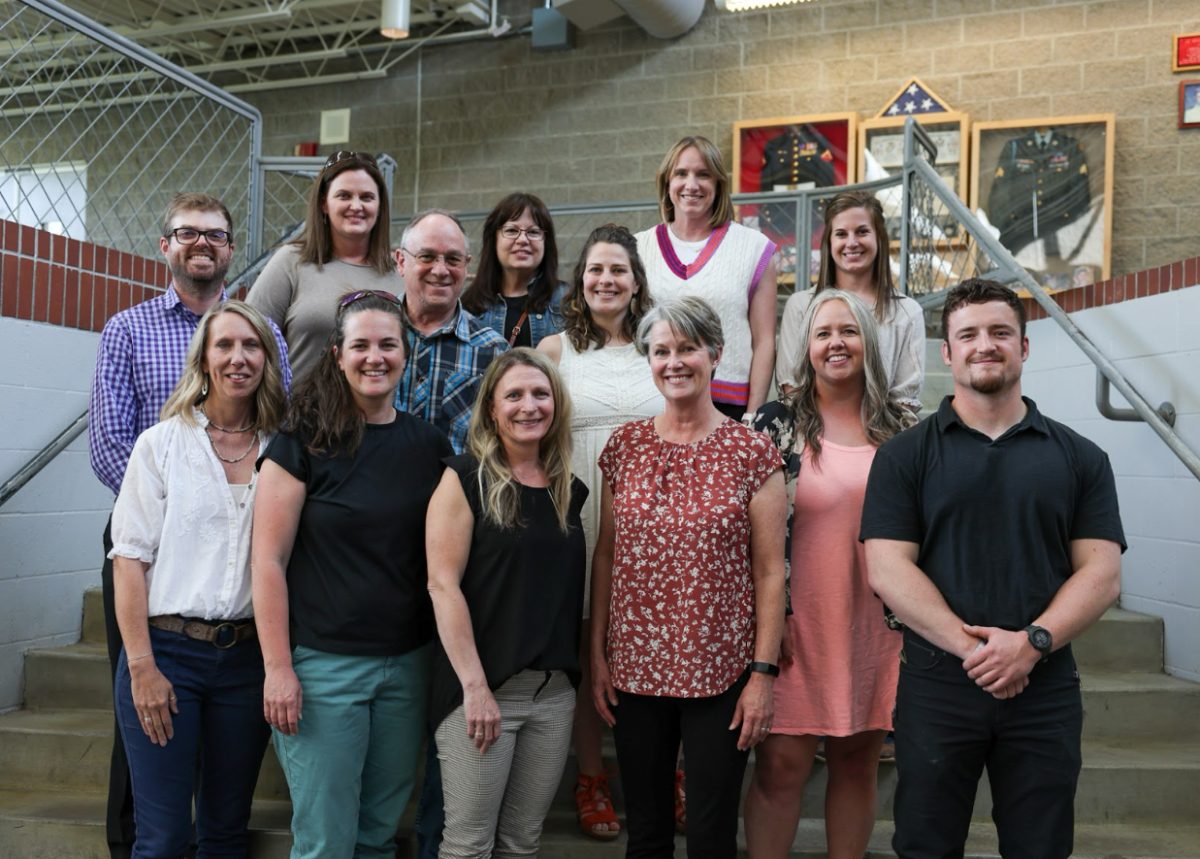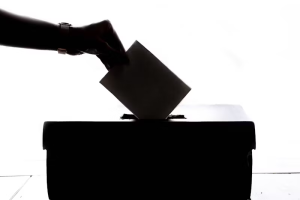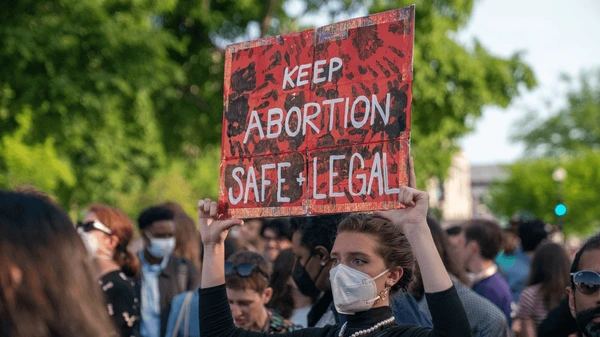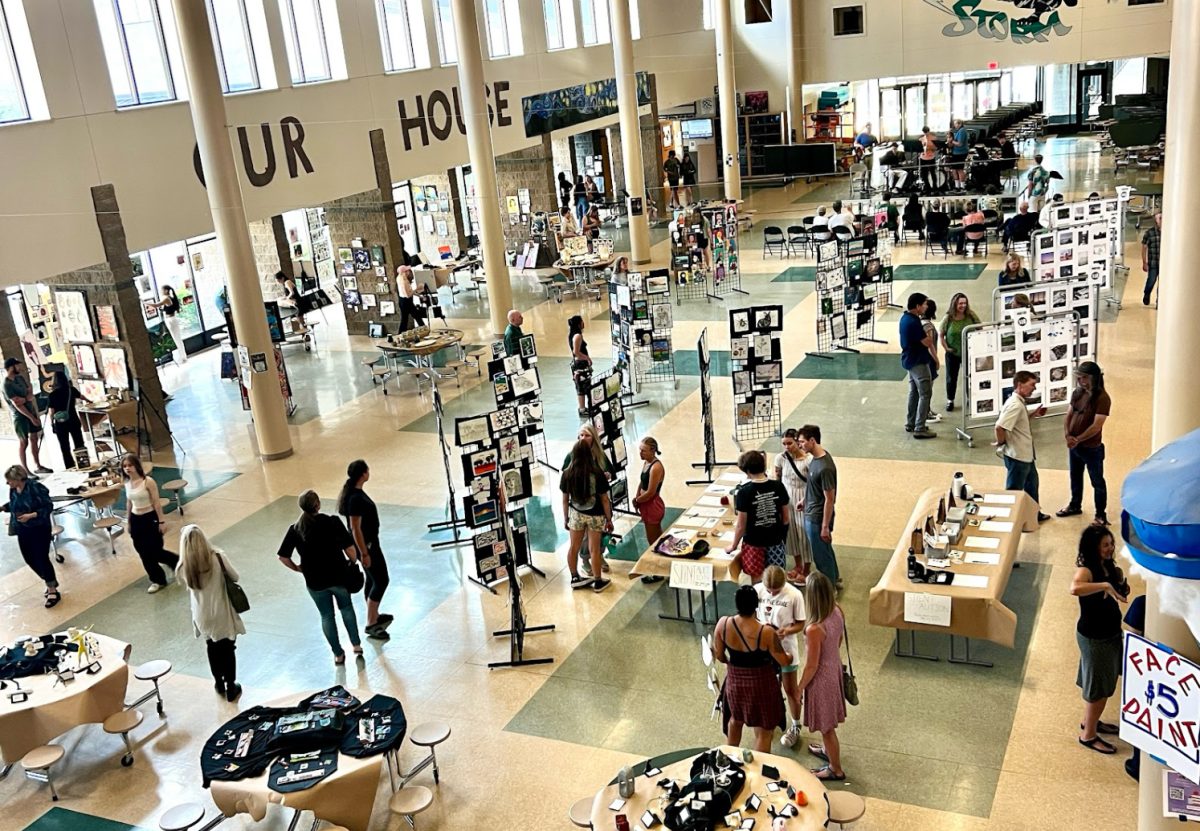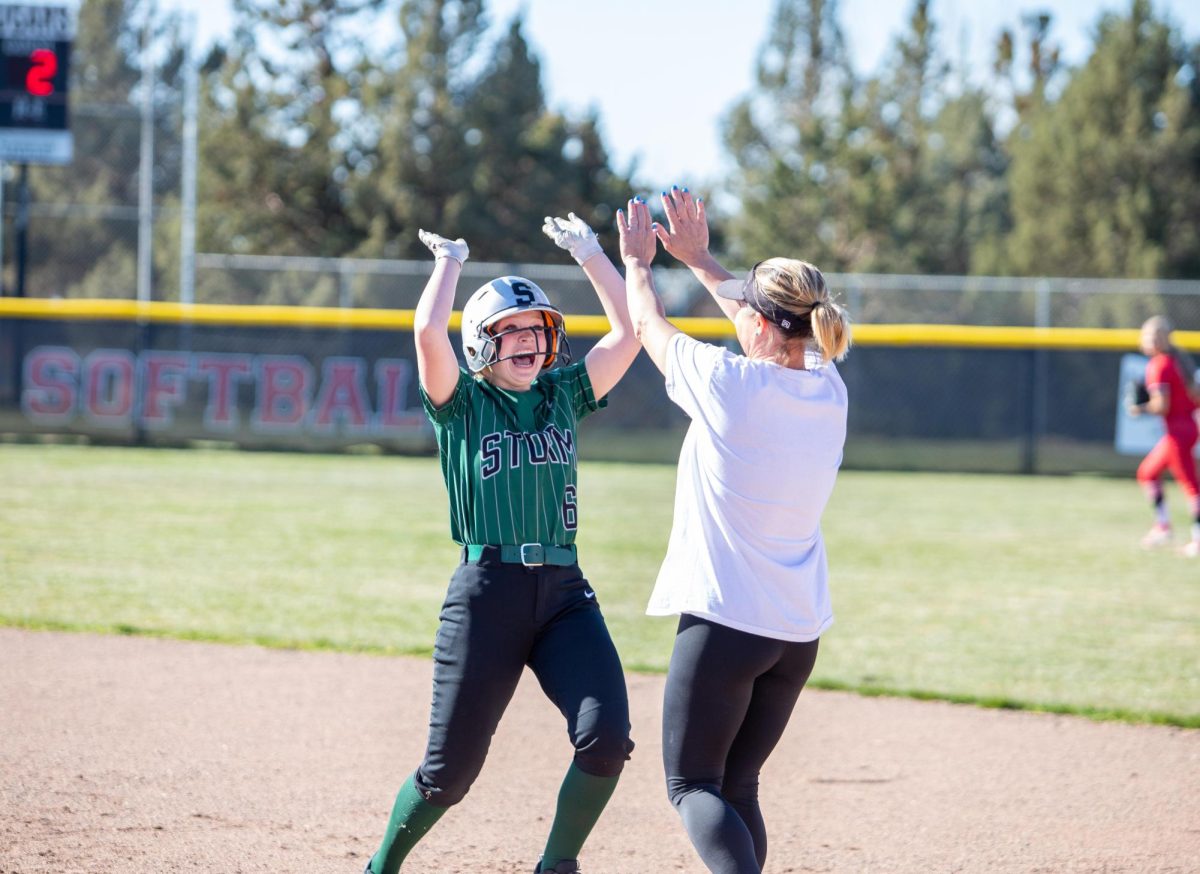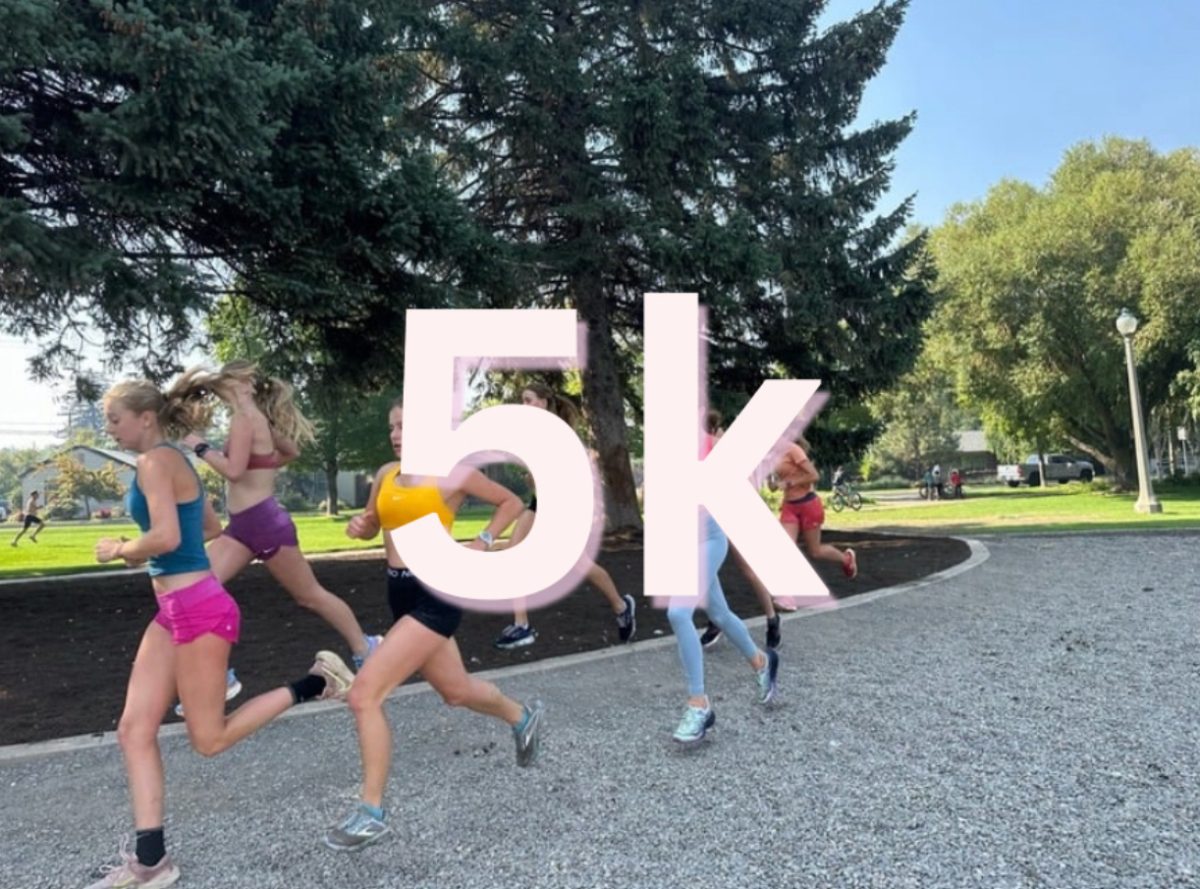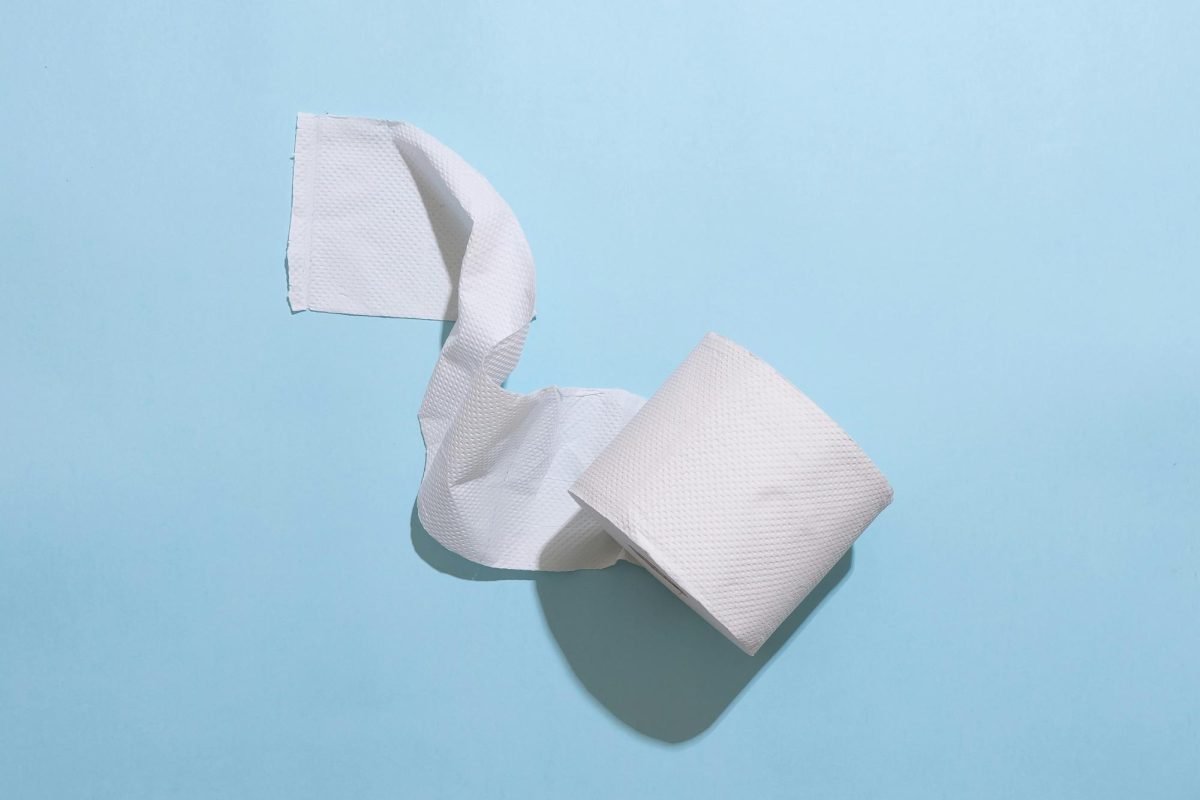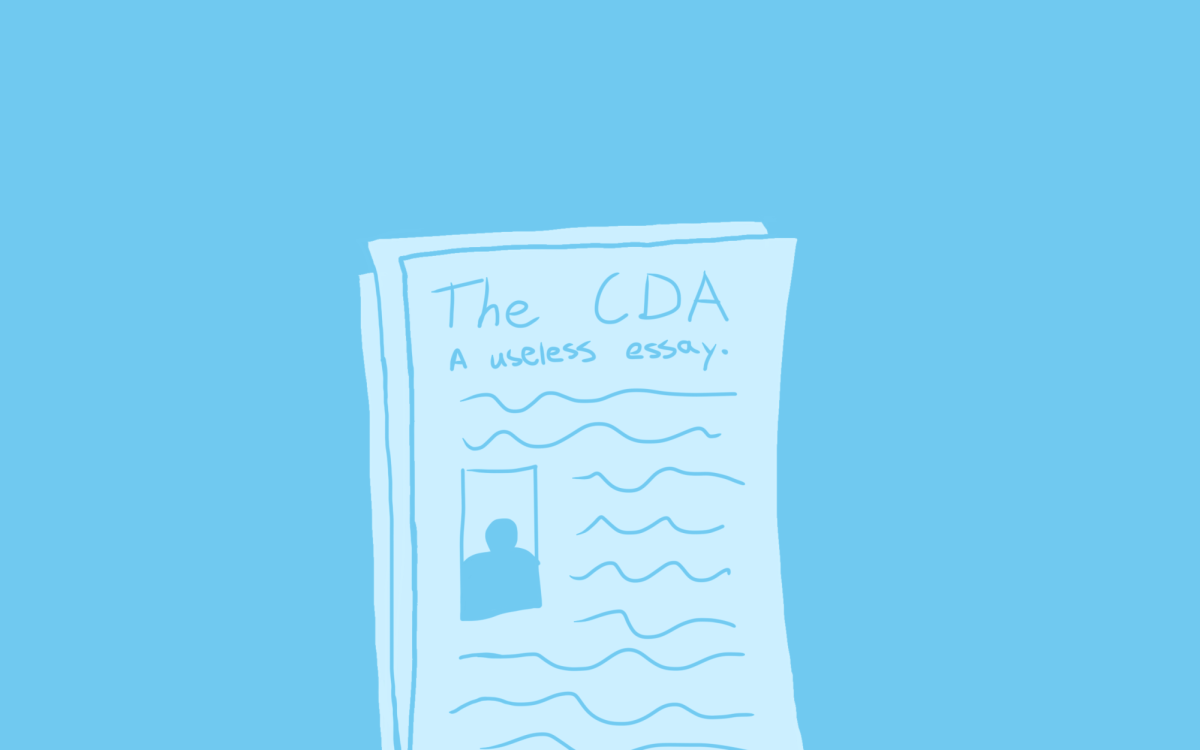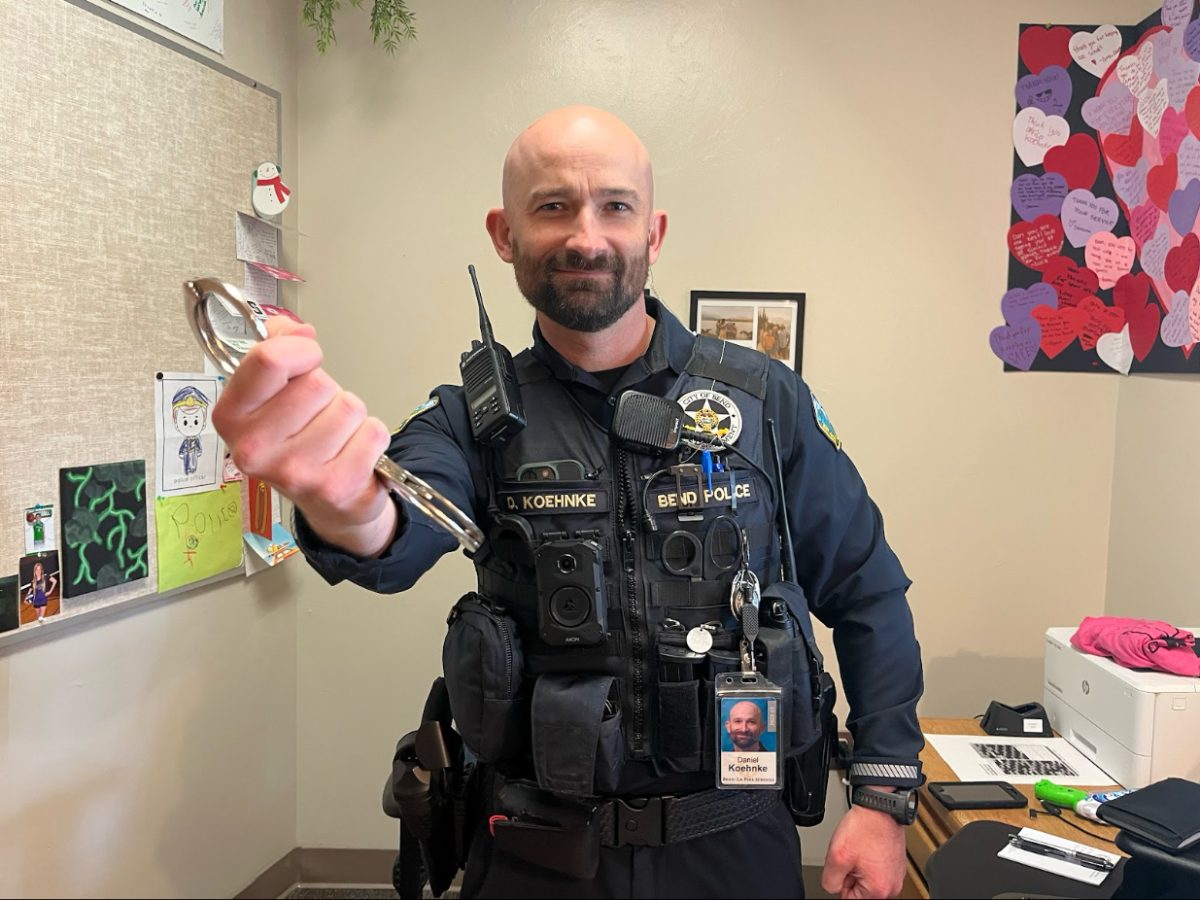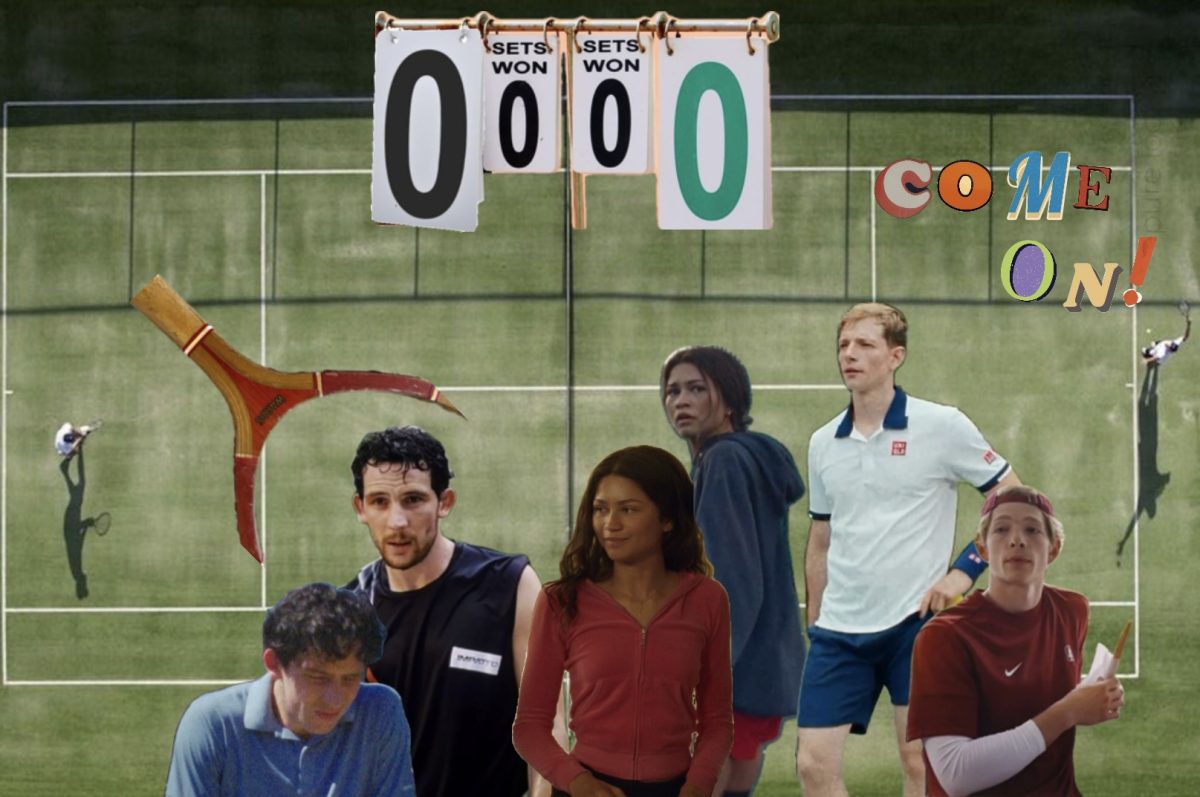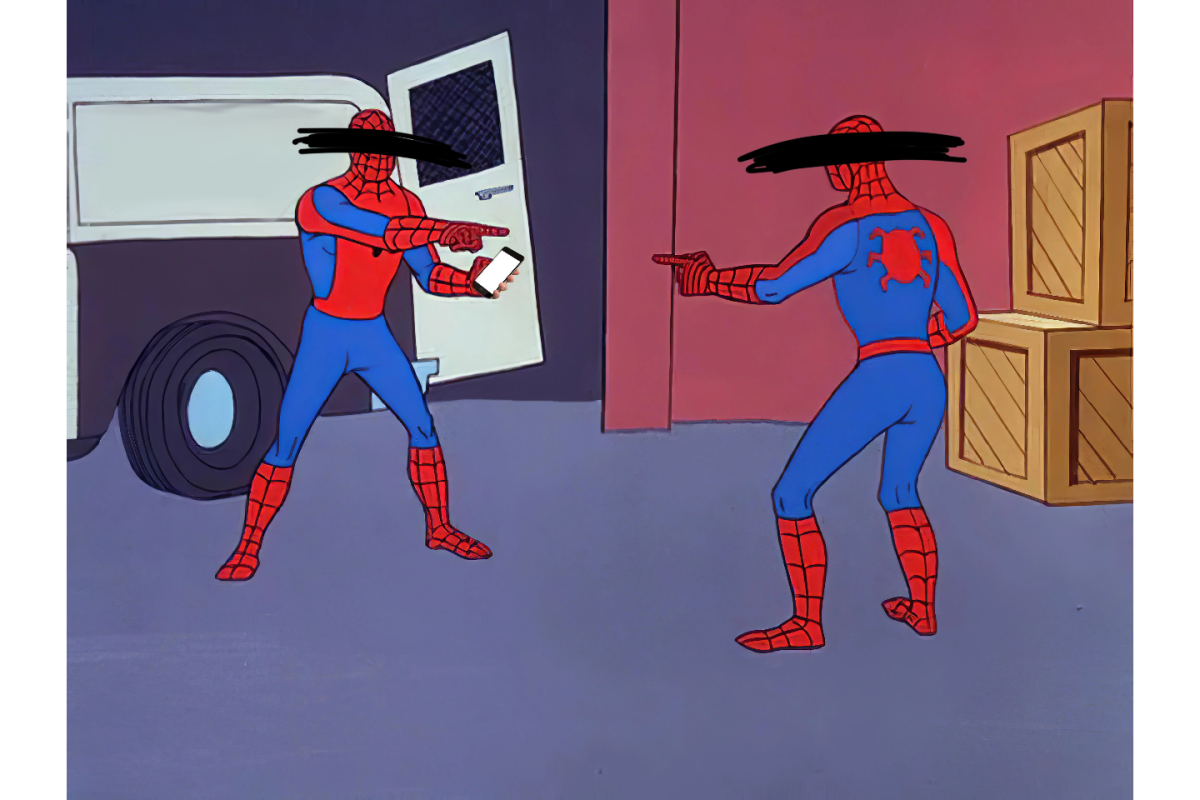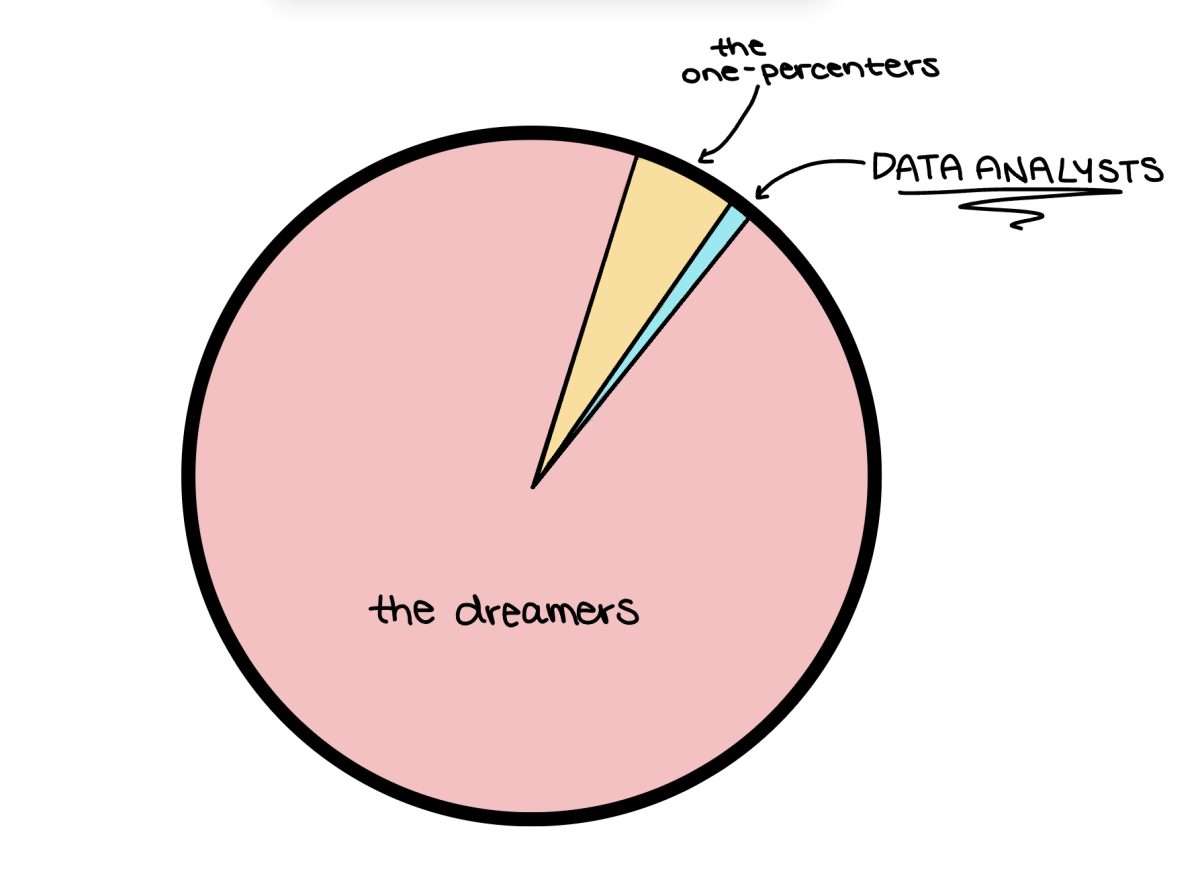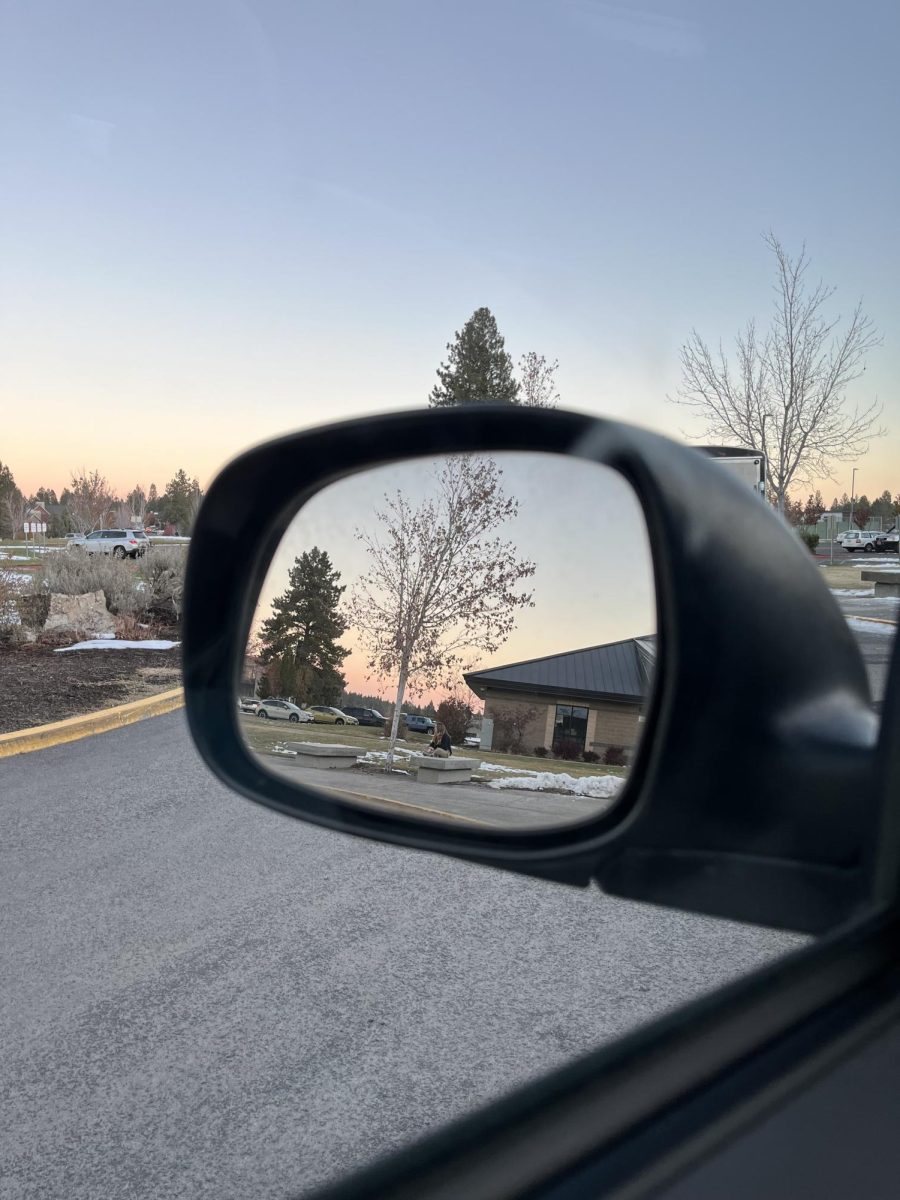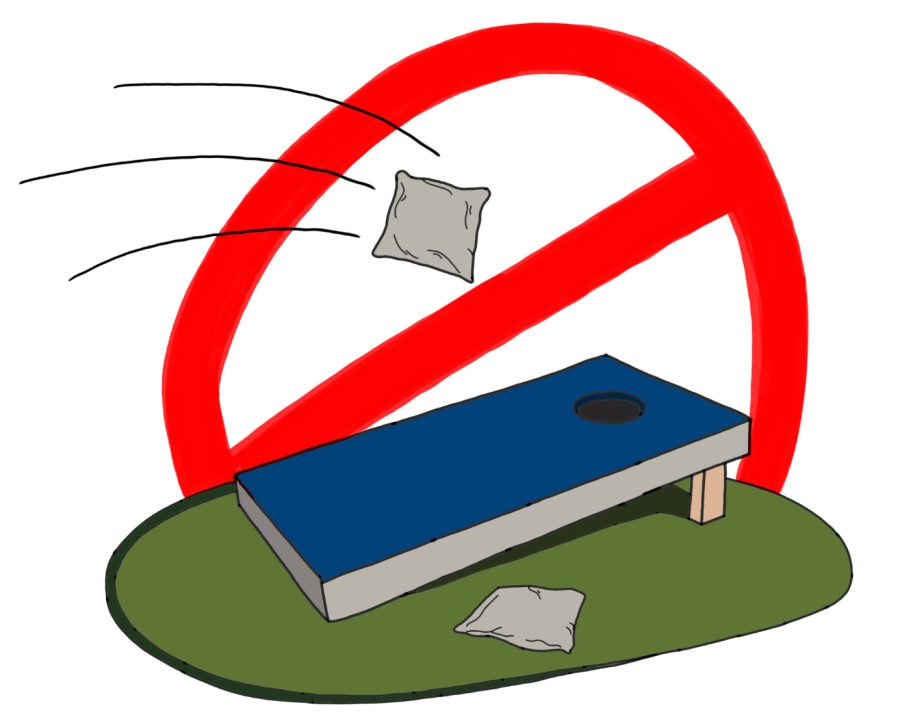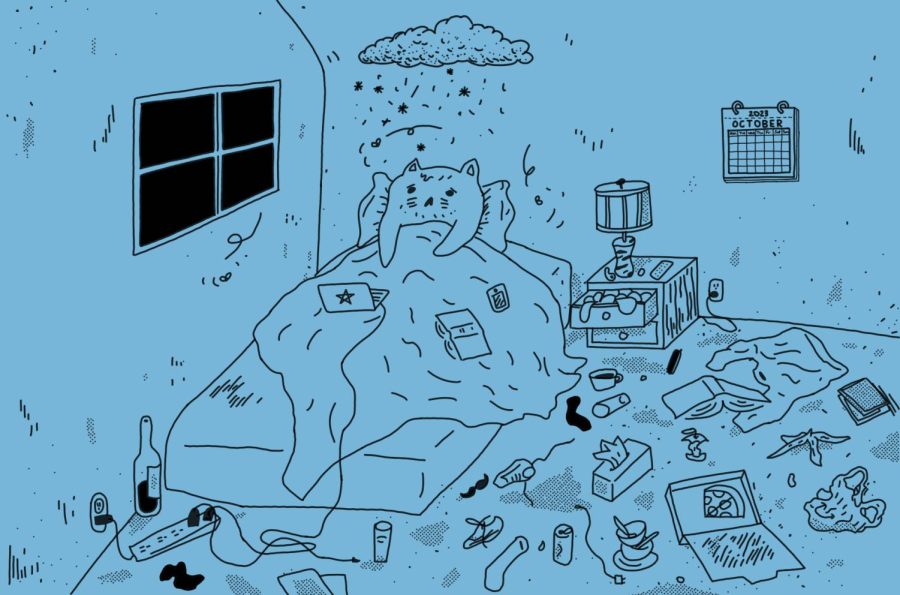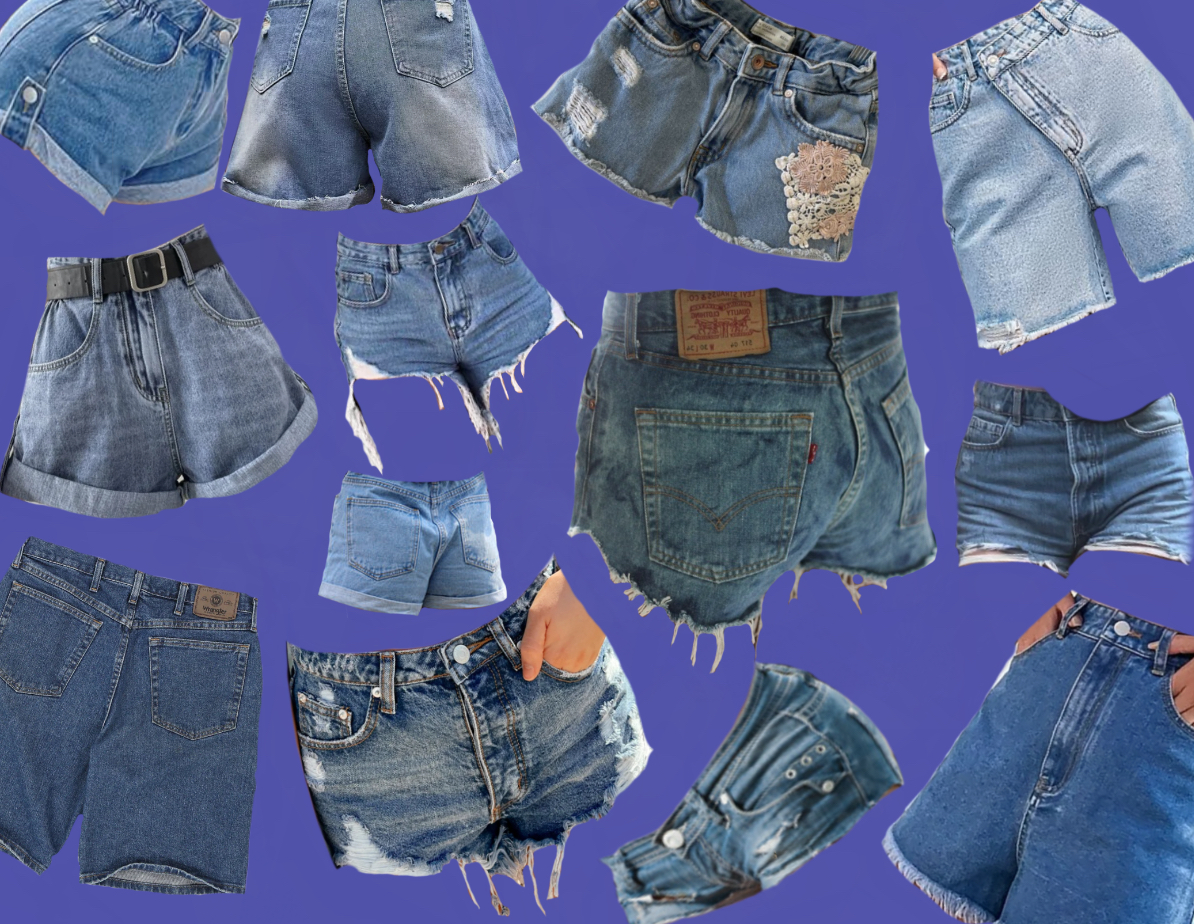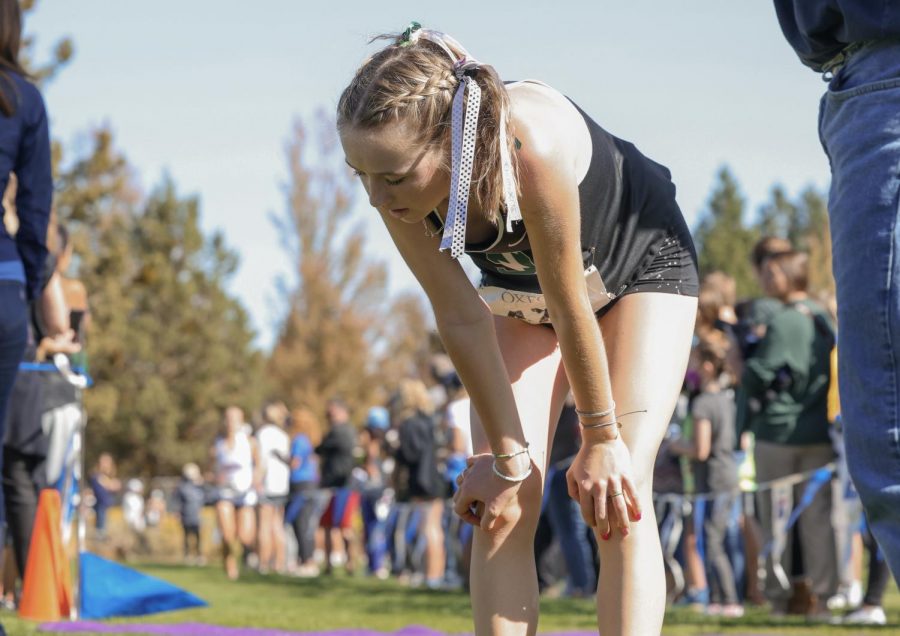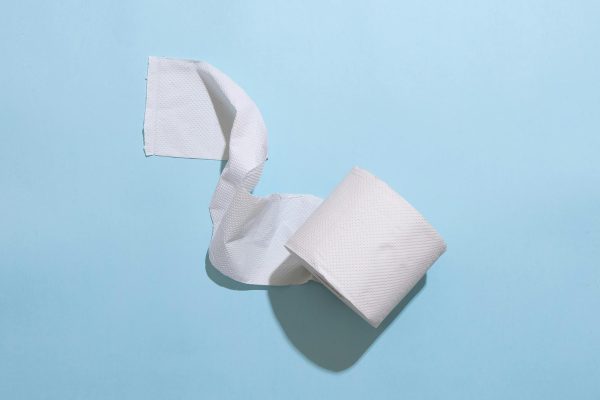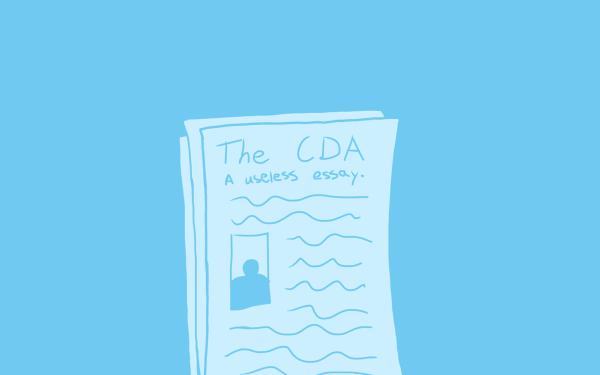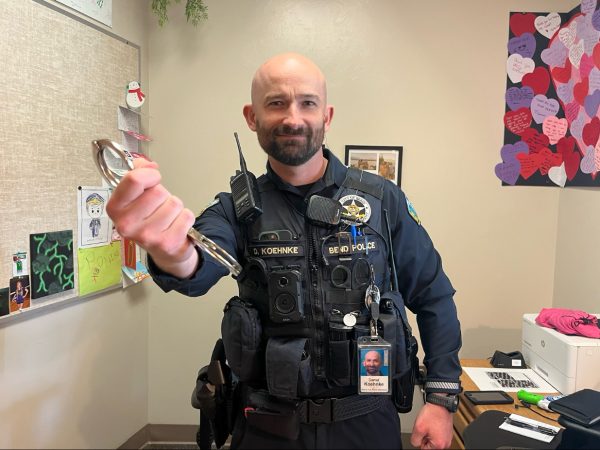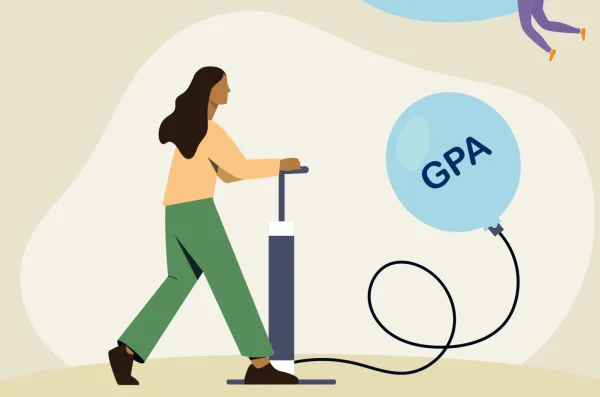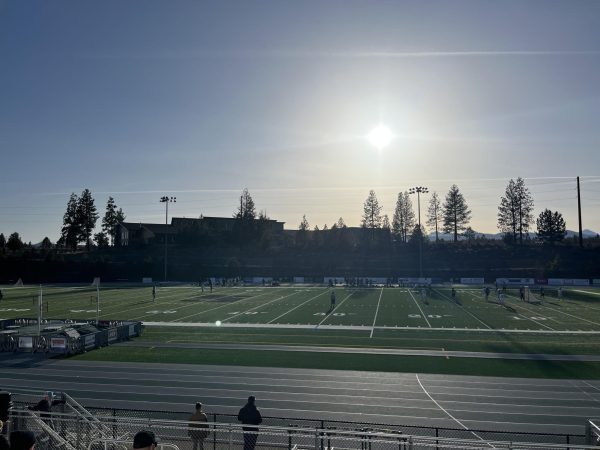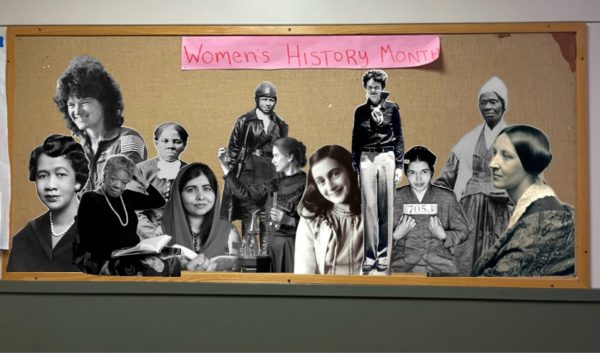When Sleep Comes Second
Student athletes are missing crucial hours of rest when they need it most
November 9, 2021
Mia Mees gets home and looks at her kitchen clock. Outside, the sky is pitch-black and filled with stars. It’s 12 am, and she has just returned home from a volleyball game in Salem—driving a total of six hours on a school night, just to get a chance to play. Similar to most of her school nights, Mees knows she will have to wake up in six hours and power through her day, while completely devoid of energy. As junior varsity captain of the Summit team, Mees dedicates all her time to volleyball and school; she has little time to get the crucial eight to 10 hours of sleep that a growing teenager needs.
Mees, along with many other student-athletes, is giving up her rest in favor of doing her homework, studying for tests, and giving her all at practice. An estimated 57% of high school students are student-athletes. In an article written for the Sleep Foundation, psychologist Danielle Pacheco stated that of that 57%, over half do not get the minimum recommendation of seven hours of sleep per night. Injuries occur two times more often in these athletes who are sleep-deprived. Such factors are causing a massive spike in student-athlete injuries.
On top of the injuries, student-athletes are generally fatigued.
“Most days I’m completely drained by lunchtime,” Mees said. “I’m exhausted from previous days, but I don’t have any time to nap. Even then, I still have to do two workouts a day while trying to fit in time for homework.”
The onslaught of work accompanying the start of the year only adds to the issue, as does the fact that many teachers do not even see the exhaustion their students are facing.
“I don’t really notice my students being that tired very often,” said a Summit teacher who asked to remain anonymous. The teacher also claimed that they must catch students up on all of the material that could not be covered over the last two years. This inconsideration leads to an unsustainable schedule and an unmanageable workload for the students.
However, teachers who also coach sports teams in their free time have seen the impact of sleep deprivation on students’ performance and agility.
“I’ve noticed in my classroom, kids are tired,” said Dave Turnbull, track coach and teacher. “And to be honest, this week, I’m tired. I think transitioning back into full-time and full days, especially for athletes, is having them pay the price with adapting… it’s taking a toll on everybody’s sleep.”
Many coaches are also deciding to work their athletes extra hard in hopes of making up for lost practice time due to the pandemic. Many teams have two or more practices a day, starting early in the morning and stretching late into the night. For instance, the girls’ soccer team has zero rest days and adds an extra 30 minutes of sprinting to their normal daily practice. However, Turnbull disagrees with this method.
“You have to put the health of students ahead of the progress of your team,” said Turnbull. “Because ultimately, if the athletes are tired and worn down, you’re working hard for nothing, and they’re going to break.”
Turnbull’s philosophy is to put the well-being of the athletes first.
“You have to work on recovery, sleep, nutrition, all of those things have to be looked at in order for student-athletes to be successful,” Turnbull said. If you’re missing one, the performance is going to suffer, and that’s not worth anything in the long run.”


